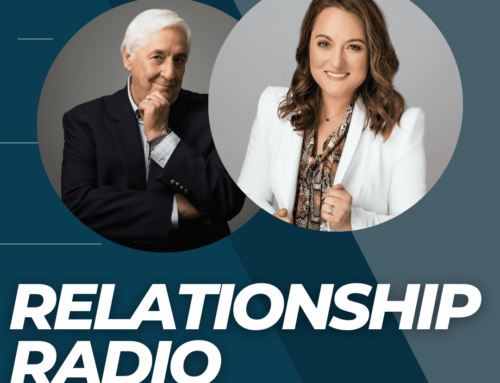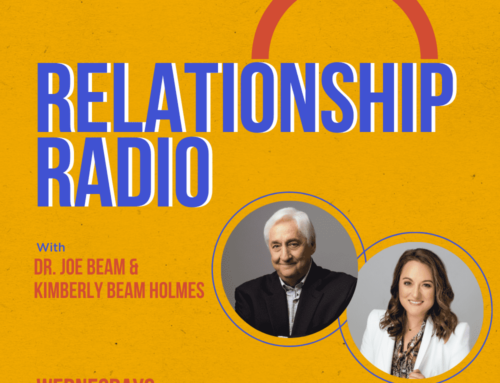Ethical Non-Monogamy, Polygamy, and Polygamy in the Bible: A Modern Perspective
In recent years, the conversation around relationship structures has evolved significantly, with terms like ethical non-monogamy, polygamy, and even references to polygamy in the Bible gaining prominence. This shift reflects a broader societal willingness to explore the complexities of love, commitment, and partnership beyond traditional monogamous unions. But what do these terms really mean, and how do they intersect with historical, religious, and ethical perspectives?
Understanding Ethical Non-Monogamy
Ethical non-monogamy is a broad term that encompasses various forms of relationships where parties agree on engaging in romantic or sexual relationships with more than one person, with honesty and consent being paramount. Unlike infidelity, ethical non-monogamy emphasizes communication, transparency, and the consent of all involved. This can include polyamory (having multiple romantic relationships), swinging (exchanging partners with other couples), and open relationships (partners can engage in external sexual relationships), among others.
Polygamy: A Cultural and Historical Overview
Polygamy, the practice of marrying multiple spouses, has been practiced in various cultures throughout history. It often arises from different societal needs, such as economic considerations, social status, or the necessity for progeny. Polygamy can be divided into two main categories: polygyny, where a man has multiple wives, and polyandry, where a woman has multiple husbands. While polygamy is legal in some cultures and countries, it is illegal and socially frowned upon in many parts of the world, including the United States.
Polygamy in the Bible
The Bible contains numerous references to polygamy, primarily in the Old Testament, with figures like Abraham, Jacob, David, and Solomon having multiple wives. These instances often reflect the social and economic contexts of the times, where polygamy was practiced for lineage, wealth consolidation, and fulfilling divine promises. However, it’s important to note that the depiction of polygamy in the Bible does not necessarily equate to an endorsement. In fact, many biblical narratives that involve polygamy also highlight the complexities and challenges that come with it, such as jealousy, rivalry, and family discord.
The New Testament, conversely, moves towards a model of monogamy, with passages like Matthew 19:4-6 and 1 Corinthians 7:2 emphasizing the union between one man and one woman. This shift reflects a broader theological and ethical move towards exclusivity and mutual devotion in marital relationships.
Ethical Considerations and Modern Perspectives
In contemporary discussions, ethical non-monogamy and polygamy raise important ethical considerations. Advocates argue that with consent, communication, and clear boundaries, these relationships can offer an alternative path to fulfillment and happiness. Critics, however, often raise concerns about emotional well-being, the potential for exploitation, and the impact on any children involved.
From a modern Christian perspective, the ideals of love, fidelity, and respect remain paramount, whether in monogamous or non-monogamous relationships. However, many argue that ethical non-monogamy can diverge from biblical teachings on marriage and sexual ethics, advocating instead for adherence to monogamous models as outlined in the New Testament.
Conclusion
The discussion around ethical non-monogamy, polygamy, and their historical and biblical contexts is complex and multifaceted. It challenges us to consider the foundational elements of relationships: trust, love, commitment, and the ethical boundaries within which they exist. As society continues to evolve, so too will our understanding and interpretations of these relationship structures, always with the hope of fostering environments of respect, consent, and mutual care. Whether one aligns with traditional monogamy or explores alternative relationship models, the core principles of honesty, respect, and ethical consideration stand as universal guides to navigating the intricate landscape of human connections.
7 STEPS TO RESCUE YOUR MARRIAGE
Your husband or wife has said your marriage is over and they’re ready to move on with their life. Where does this leave you?
We have helped thousands of people in this exact situation. You are not without hope and it’s not too late to make a difference in your marriage.
This is what the divorce lawyers don’t want you to hear. Click the link below to learn the 7 Steps to Rescue Your Marriage!


